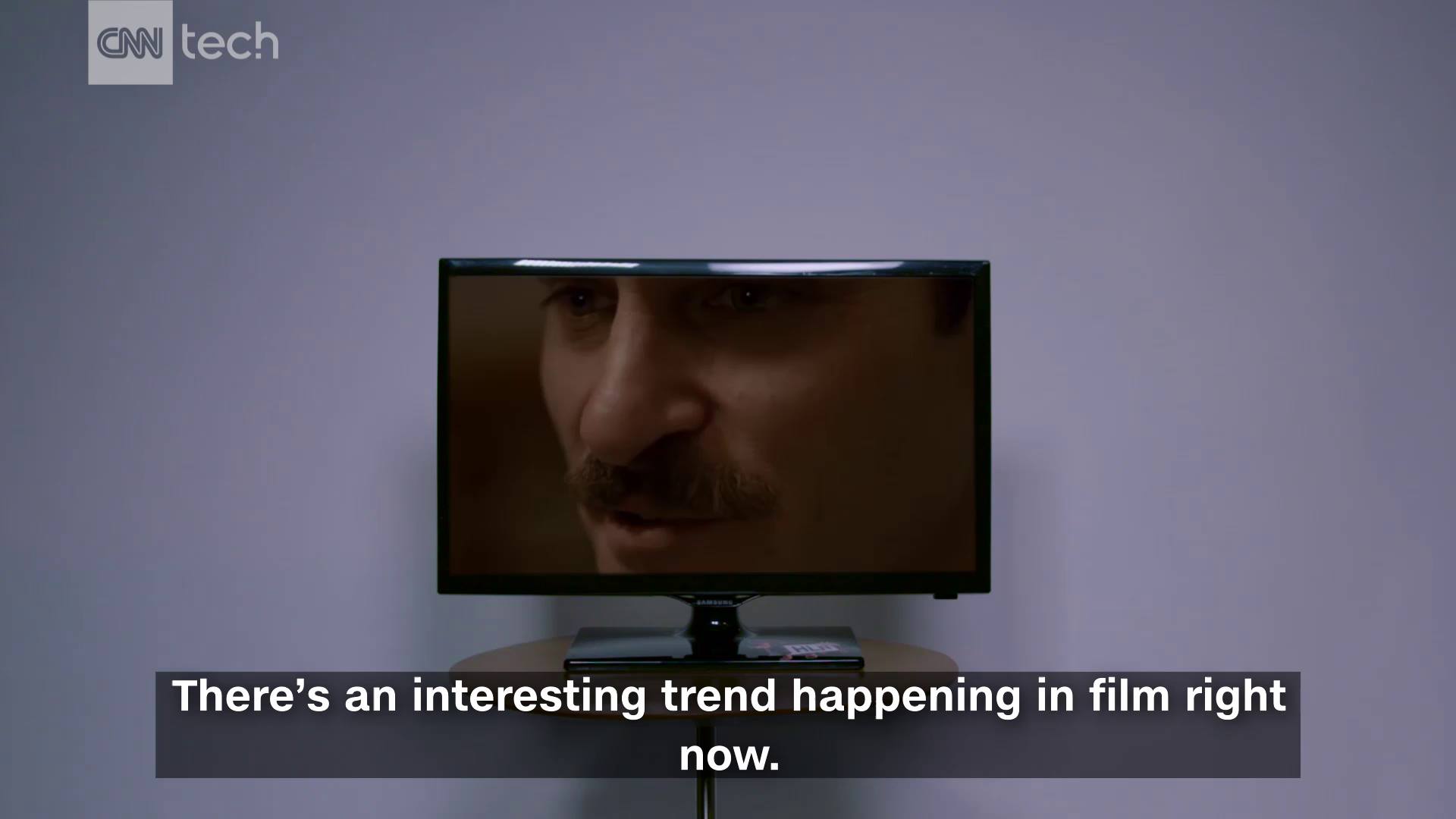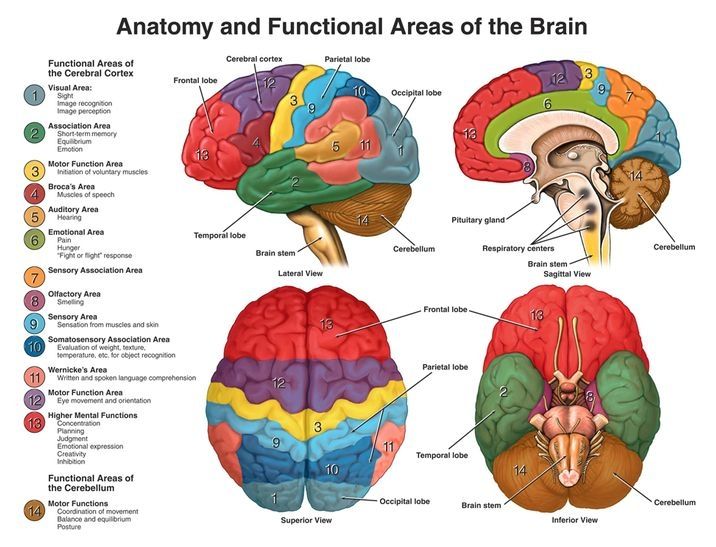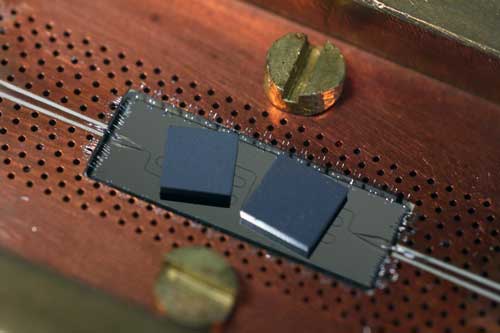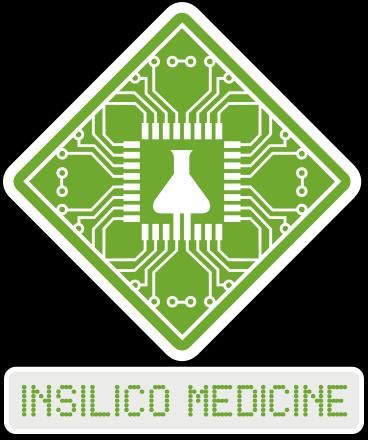Scientists develop a new method to regrow microscopic hair cells that pick up sound.
From the archives.
Our Earth and Sun continue to have a delicate relationship. Credit: Image Science and Analysis Laboratory, NASA-Johnson Space Center.
Complex life here on earth will hit a habitability wall in only 500 million years; not in an almost languorous 1.75 billion years, as reported in a recent global media flap.
The flap — spurred by a paper in the journal Astrobiology — failed to cover earth’s future carbon dioxide (CO2) “compensation limit,” says James Kasting, a prominent planetary scientist at Penn State University, whose own models were used by the paper’s authors.

People are already falling in love with robots. What’s really going on?
http://cnnmon.ie/2nM9UVK
To learn more about robot love, look out for episode 3 of #MostlyHuman, coming next week!
Interesting link within concerning an injectable interface.
To be able to design a device that measures brain activity an understanding of the brains function is required. This section gives a high-level overview of some of the key elements of brain function. Human brains contain approximately 80 billion neurons, these neurons are interconnected with 7,000 synaptic connections each (on average). The combination of neurons firing and their communication is, in very simple terms the basis of all thoughts conscious and subconscious. Logically if the activity of these neurons and their connections were read in real-time, a sufficiently intelligent algorithm could understand all thoughts present. Similarly, if an input could be given at this level of granularity new thoughts could be implanted.
All human brains abide by the general structure shown in the picture below, certain areas, by and large do certain things. If higher levels of thoughts like creativity, idea generation and concentration want to be read, the frontal lobe is the place to look. If emotions and short-term memory are the target, the temporal lobe is the place to read from.
“Google is set to give its artificial intelligence-based voice assistant, Google Assistant, a more robust personality.”
Atomic defects in diamonds can be used as quantum memories. Researchers at TU Wien for the first time have succeeded in coupling the defects in various diamonds using quantum physics.
Diamonds with minute flaws could play a crucial role in the future of quantum technology. For some time now, researchers at TU Wien have been studying the quantum properties of such diamonds, but only now have they succeeded in coupling the specific defects in two such diamonds with one another. This is an important prerequisite for the development of new applications, such as highly sensitive sensors and switches for quantum computers. The results of the research will now be published in the journal Physical Review Letters (“Coherent Coupling of Remote Spin Ensembles via a Cavity Bus”).
Interest in rejuvenation biotechnology is growing rapidly and attracting investors.
- Jim Mellon has made an investment in Insilico Medicine to enable the company to validate the many molecules discovered using deep learning and launch multi-modal biomarkers of human aging
Monday, April 10, 2017, Baltimore, MD — Insilico Medicine, Inc, a big data analytics company applying deep learning techniques to drug discovery, biomarker development, and aging research today announced that it has closed an investment from the billionaire biotechnology investor Jim Mellon. Proceeds will be used to perform pre-clinical validation of multiple lead molecules developed using Insilico Medicine’s drug discovery pipelines and to advance research in deep learned biomarkers of aging and disease.
“Unlike many wealthy business people who rely entirely on their advisors to support their investment in biotechnology, Jim Mellon has spent a substantial amount of time familiarizing himself with recent developments in biogerontology. He does not just come in with the funding, but brings in expert knowledge and a network of biotechnology and pharmaceutical executives, who work very quickly and focus on the commercialization potential. We are thrilled to have Mr. Mellon as one of our investors and business partners”, said Alex Zhavoronkov, PhD, founder, and CEO of Insilico Medicine, Inc.
Dismantling the idea that older generations should ‘step down’ for younger ones.
Humans are really pros at sugarcoating. If you say old people should step down for the sake of new generations, it sounds so noble and rightful, doesn’t it? What it actually means, though, is ‘We value old people less than new ones,’ and this doesn’t sound very noble or rightful. This is plain and brutal survival of the species.
Kids are (generally) cute and helpless. This is what triggers our instinct to protect them, even thought it is not the reason we do it. A species relying on reproduction to ensure its existence wouldn’t last long if it didn’t care for its children. Even if we had already developed comprehensive rejuvenation therapies, we would still be mortals; if we stopped reproducing altogether and forever, we would still risk extinction, although on a very long timescale. (In other words, we could still die one by one of other causes than ageing.) It’s the reason children are important (to us and other species): They’re potential means of reproduction. Additionally, they need special attention, because they’re not able to take care of themselves and are thus more at risk of dying before they can reproduce. That’s why most species on the planet make such a big deal out of protecting their offspring—species that don’t are less likely to stick around long enough to tell the tale.
Individuals who are no longer kids but still are fertile are still important for reproduction purposes, but require less attention from others and from society, because they can look after themselves. Individuals who can no longer reproduce, or who wouldn’t be able to take care of their offspring even if they could have any (mainly elderly adults), have zero importance in this sense, because they use up resources of society without contributing to the survival of society itself. They’ve (assumably) already contributed to the perpetuation of the species, and now that they no longer can, they’re just a burden. Thus, from the cynical point of view of the survival of the species, it makes zero sense to dedicate any resources to the care of the elderly. As a matter of fact, besides humans, there aren’t many examples of species whose younger members look after the elderly of the family.
LIVE in Amsterdam, feeling FREE
Posted in futurism








